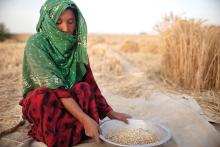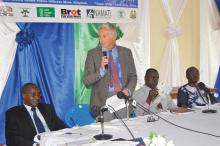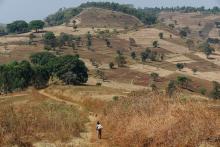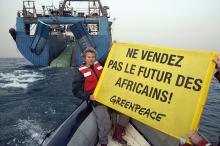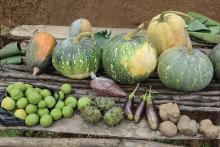Land Library
Welcome to the Land Portal Library. Explore our vast collection of open-access resources (over 74,000) including reports, journal articles, research papers, peer-reviewed publications, legal documents, videos and much more.
/ library resources
Showing items 1 through 9 of 104.It is widely accepted among economists and policy-makers that secure and well-defined land property rights are integral to poverty alleviation and economic prosperity. But how do legal systems, land tenure and economic development really relate to one another?
Access to land is key to achieving food security, poverty alleviation, social equity and environmental protection. A brief insight in land governance-related principles and policies of the German development assistance.
The land reform process in Cambodia is full of examples of injustice and human rights violations. Promises to improve the situation of the landless and land-poor citizens have remained unfulfilled. Development co-operation efforts have not changed this either.
Sierra Leone is one of the least developed countries in the world and is still recovering from a civil war that ended in 2002.
Does the inclusion of land rights in the global development agenda bear the potential to promote the secure and fair distribution of land rights? Yes, our author believes – provided that the land-rights community does not rest on its laurels and really addresses the crucial aspects.
Fishery plays a crucial role in poverty and hunger alleviation. It is therefore all the more important to secure the long-term conservation of fish stocks as a natural resource and to ensure fair access to them.
The global demand for fish and fish products is continuously increasing. However, fisheries management is still insufficient, leading to over-exploitation, illegal fishing and massive post-harvest losses. Our authors describe what has to be done.
Aquaculture holds a big potential to satisfy the growing demand for aquatic food. Setting out from lessons learnt in past development projects, our author describes what fish farming systems must look like to fit the needs of smallholders and the environment.
During the last few years, the donor community has increased its efforts to reduce the large amounts of fish lost in the distribution chain in artisanal fishery, an endeavour that ought to be welcomed in principle.

